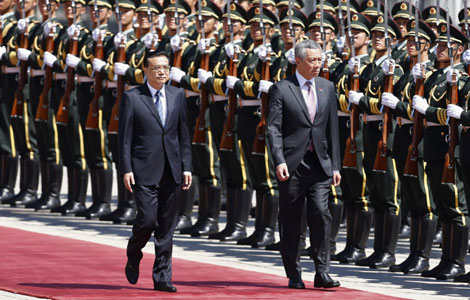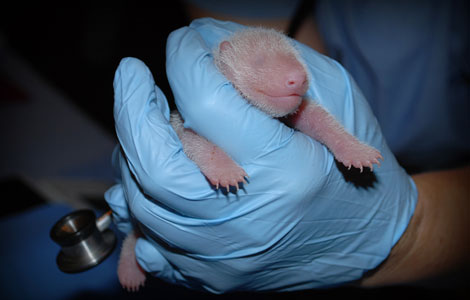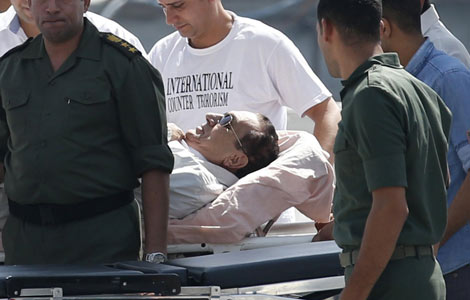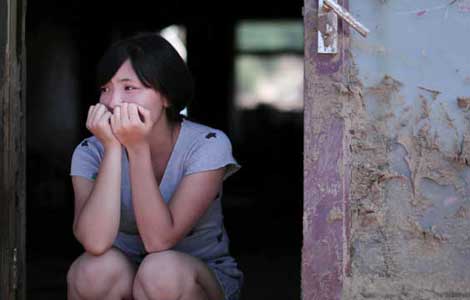China uses tougher legal actions to fight corruption
Updated: 2013-08-21 14:29
(Xinhua)
|
||||||||
BEIJING - A senior economic official has been put under judicial investigation, indicating China's unremitting efforts to fight corruption by legal means.
Liu Tienan, a former vice-minister in charge of the National Development and Reform Commission, China's top economic planning body, is suspected of taking bribes and involved in "serious disciplinary violations," and was dismissed from his post in May.
The Communist Party of China (CPC), representing the fundamental interests of the people, has been making efforts to promote the building of the country's legal system as it never yields to corruption.
Carried out in line with legal procedures, the crackdown on corruption is underway and monitored by the public in a more transparent way, and the CPC's vow to "restrict power by the cage of regulation" will be further guaranteed by stricter laws.
Another high-level official, former minister of railways Liu Zhijun, was sentenced to death with a two-year reprieve in July for bribery and abuse of power after an investigation and trial, indicating the CPC's resolve to root out corruption with the rule of law.
Liu Tienan's corruption was exposed via real-name tip-offs last December by Luo Changping, a deputy editor of Caijing magazine, marking more success in whistleblowers in the fight against corruption.
In other prominent cases, Lei Zhengfu, a former official in southwest China's Chongqing municipality, fell from grace after his sex scandal was brought to light. Also, four senior judges from the Higher People's Court of Shanghai were removed from their positions after a video showed them hiring prostitutes at a nightclub.
Whistleblowers used to report tip-offs directly to procuratorates, but now more people turn to social networks to expose evidence they have gathered before procuratorates start investigations.
Thus, more legislation is needed, such as the improvement of protection on whistleblowers' personal information, as leaks of their personal data could result in revenge.
Authorities should launch immediate investigations into cases with clues and observe absolute confidentiality regarding whistleblowers' personal data so as to prevent such information from being leaked.
Moreover, stricter laws and regulations should be launched to encourage people to report in a legal way, and those who create malicious rumors should be severely punished.
Most Viewed
Editor's Picks

|

|

|

|

|

|
Today's Top News
Luxury imports may face fewer big-ticket payoff days
Joint sea drill shows improved relations
UN to probe alleged chemical attack
Bo insists he did not abuse power
Newly born panda cub at Washington zoo doing fine
Market regulators need to fix loopholes
Singapore PM aims to cement relations
Experts call for details on rumor cases
US Weekly

|

|















